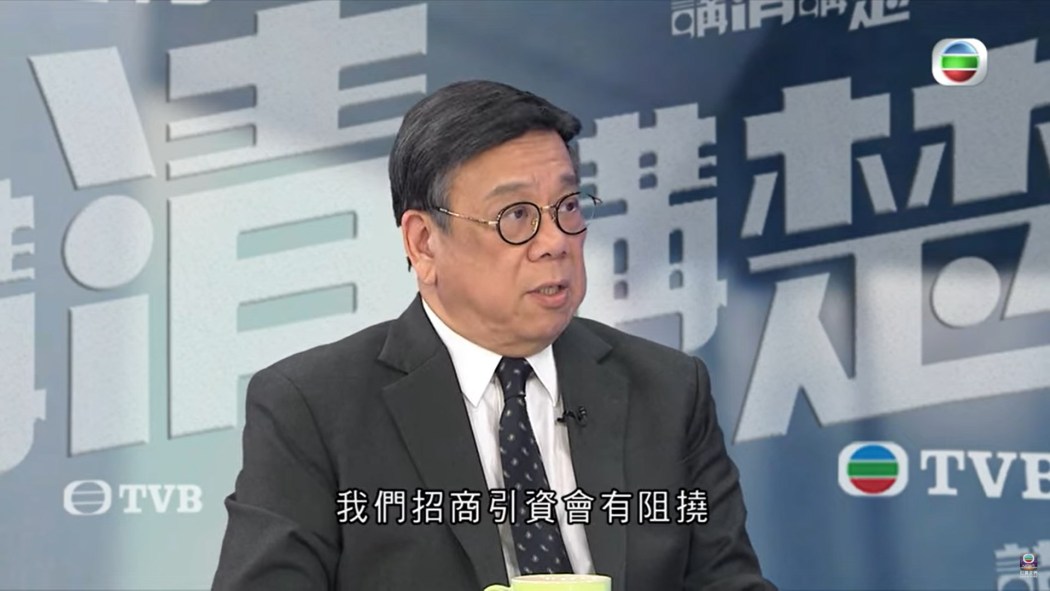A draft bill that could shut down Hong Kong’s economic and trade offices in the US was approved by the Senate Committee on Foreign Affairs last Thursday, bringing it closer to becoming law. The action was strongly condemned by the Hong Kong government and the city’s commerce chief.

In February, US senators Marco Rubio and Jeff Merkley introduced the Hong Kong Economic and Trade Office (HKETO) Certification Act.
The proposed act would require the White House to remove the privileges, exemptions, and immunities given to all the Hong Kong trade offices in the US if it decided that “Hong Kong no longer enjoys a high degree of autonomy” from Beijing.
“HKETOs were granted these privileges under the assumption Hong Kong would remain free from the Chinese Communist Party’s authoritarian grip,” a press release issued by Merkley and Rubio last Thursday read. “That reality changed after the imposition of Beijing’s draconian 2020 National Security Law.”
The operations of the three offices – located in Washington DC, New York, and San Francisco – would be terminated if the bill became law.
“The sad reality is that the Hong Kong Economic and Trade Offices now serve as propaganda arms of the Chinese government. Committee passage of this bipartisan bill is a strong step forward in defence of the people of Hong Kong,” Merkley said in the same press release.
The US has not recognised Hong Kong as autonomous since the bipartisan Hong Kong Human Rights and Democracy Act was enacted in November 2019, the same press release read.
The HKETO bill has advanced to the US Senate for discussion.

Calling the proposed bill a “gross interference” in the city’s affairs, Hong Kong government said in a statement released last Friday that it strongly condemned the Senate committee for the passage of the bill, urging the US to respect the basic norms of international relations.
“The three ETOs will continue to promote Hong Kong’s unique advantages and tell the good stories of Hong Kong,” the statement read, adding that they would also “clarify misconceptions without fear or favour.”
Hong Kong’s commerce chief Algernon Yau, speaking in Cantonese on a television programme on Sunday, said Hong Kong would strive vigorously – with support from Beijing – to maintain the operation of its trade offices in the US.
Yau said he expected that it would become more difficult for Hong Kong to attract foreign investment if the bill were passed, and urged US lawmakers to reexamine the bill rationally and carefully.
In June 2020, Beijing inserted national security legislation directly into Hong Kong’s mini-constitution – bypassing the local legislature – following a year of pro-democracy protests and unrest. It criminalised subversion, secession, collusion with foreign forces and terrorist acts, which were broadly defined to include disruption to transport and other infrastructure. The move gave police sweeping new powers, alarming democrats, civil society groups and trade partners, as such laws have been used broadly to silence and punish dissidents in China. However, the authorities say it has restored stability and peace to the city.
Support HKFP | Policies & Ethics | Error/typo? | Contact Us | Newsletter | Transparency & Annual Report | Apps
Help safeguard press freedom & keep HKFP free for all readers by supporting our team
























